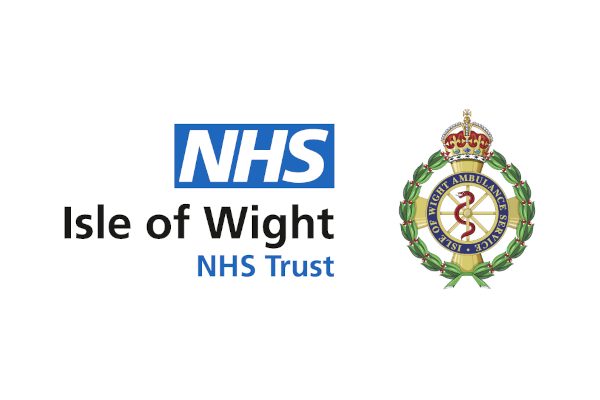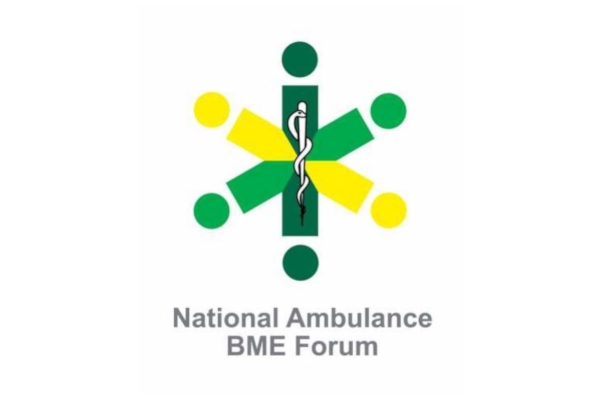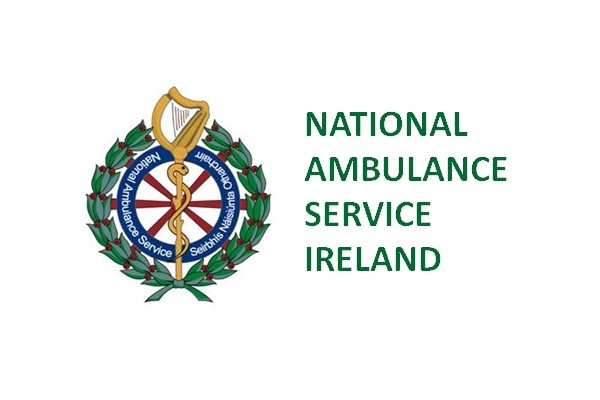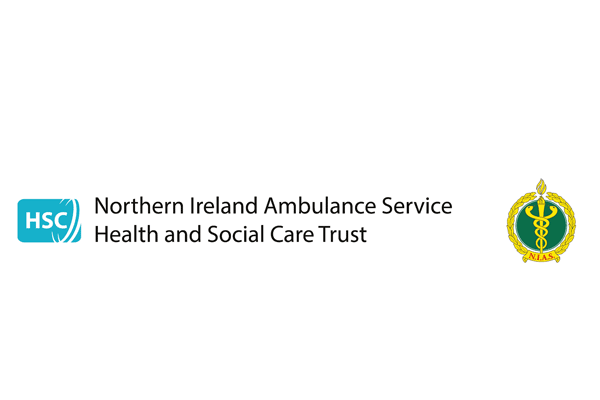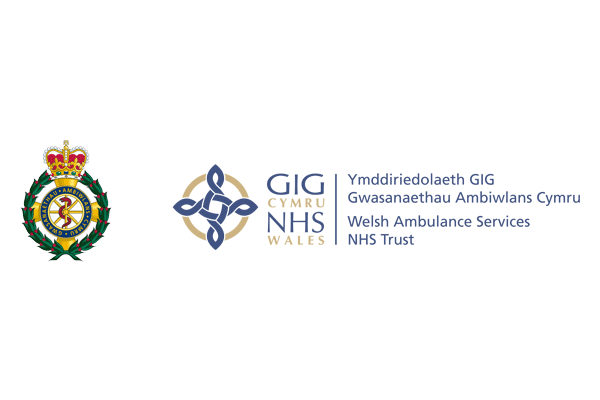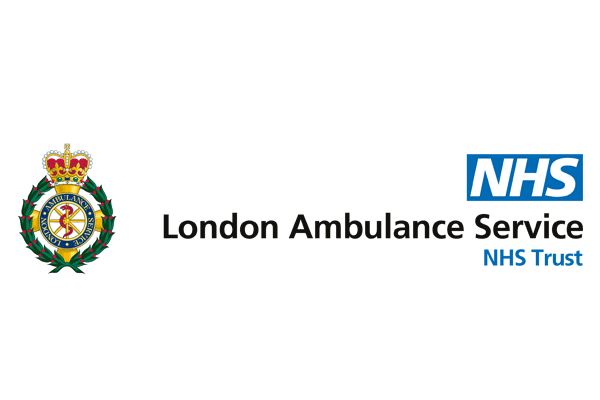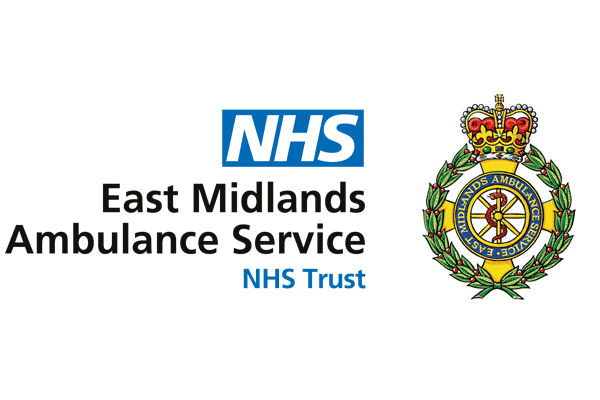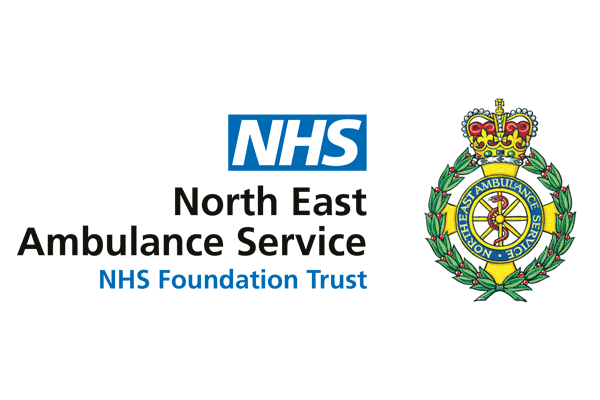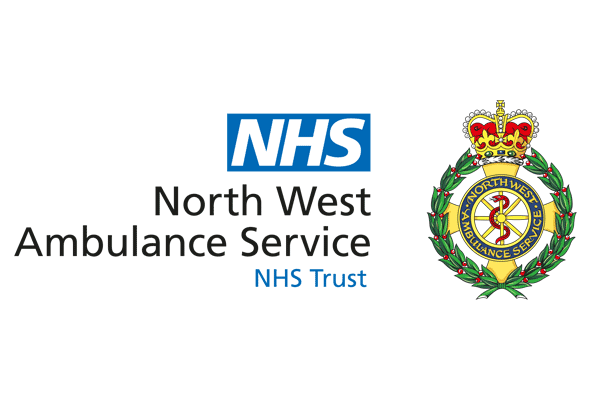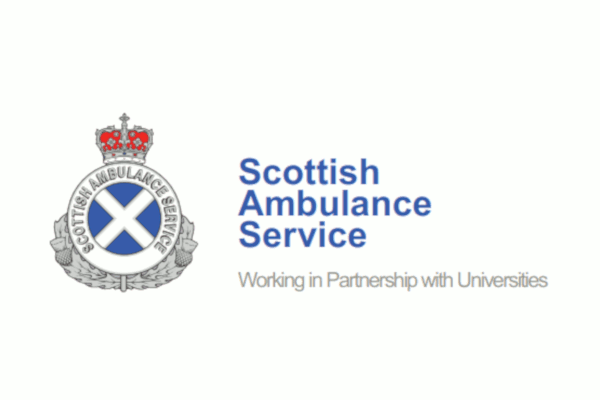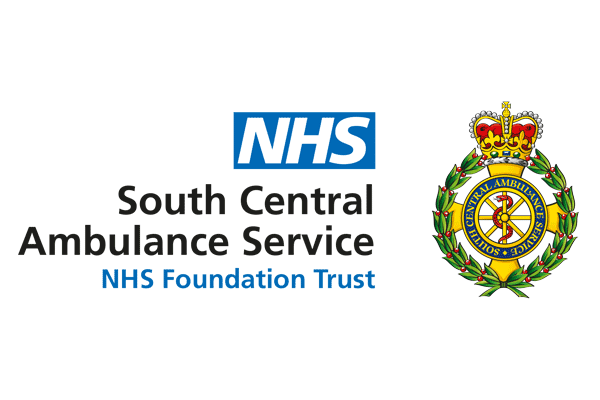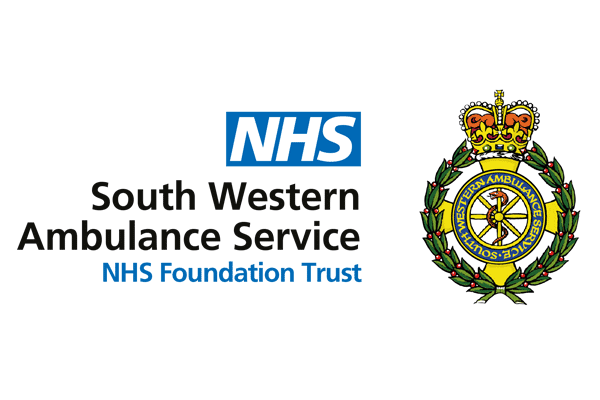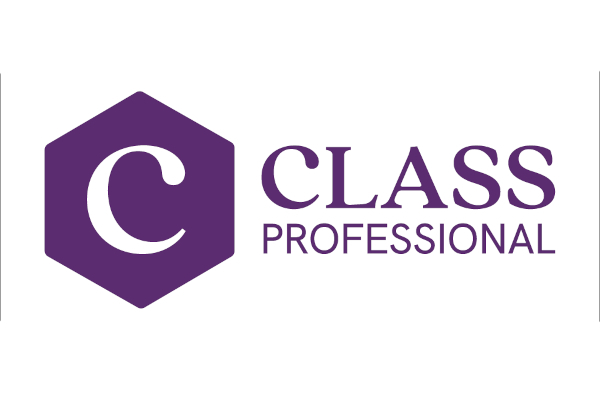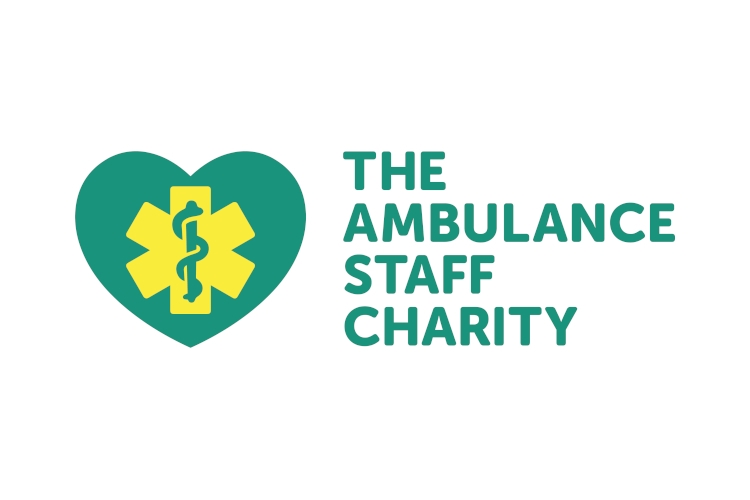
Following feedback from professionals, patients and their families, Resuscitation Council UK has improved the ReSPECT (Recommended Summary Plan for Emergency Care and Treatment) process which supports conversations about care in a future emergency.
Version 3 of the ReSPECT form, being introduced today (15 Sept 2020), is even more patient-centred than previous versions and contains more prompts for explicit clinical reasoning. It addresses areas where misunderstandings have been reported and includes more personable and clearer language.
ReSPECT is already widely used by health and social care organisations across England and in some parts of Scotland to support healthcare professionals and patients having important conversations in advance about their realistic emergency care choices, including whether cardiopulmonary resuscitation (CPR) should be attempted in a future emergency.
As patients are often not able to make decisions about their priorities of care or treatment in an emergency, discussing what they would want to happen in advance is important.
RCUK’s updated and improved ReSPECT form (version 3) will be used to document conversations and recommendations made for care and treatment in an emergency.
The ReSPECT process was first introduced in 2016. It was developed with healthcare professionals, members of the public and design experts at the Helix Centre at Imperial College London, to support professionals, patients and / or their families having a carefully constructed, realistic and person-centred conversations.
The ReSPECT process aims to develop a shared understanding between the healthcare professional and the patient of their condition, the outcomes the patient values and those they fear and then how treatments and interventions, such as cardiopulmonary resuscitation (CPR) fit into this. It supports the important principle of personalised care.
The COVID-19 pandemic has highlighted the importance of sensitive and well-structured conversations about someone’s realistic care choices and for there to be shared understanding between professionals, patients and their families.
 To help aid these conversations and understanding, RCUK have made the following changes to the updated form (version 3):
To help aid these conversations and understanding, RCUK have made the following changes to the updated form (version 3):
- They have changed the wording to emphasise the importance of recording information about the person’s personal circumstances, their understanding and their perspective.
- The scale in section 3 ‘What matters to me in decisions about my treatment and care in an emergency’ has been converted to a visual aid.
- The form is now better designed to record what the patient values most and what they fear the most/wish to avoid.
- In the ‘clinical recommendations for emergency care and treatment’ section it is now possible to record a clinical recommendation to balance extending life with comfort and valued outcomes, rather than a choice between prioritising sustaining life and prioritising comfort. This means there are now more options available.
- They have included a prompt to ensure that when decisions are made without involving the patient, the reasons for this are clearly recorded. There is also an important reminder that if the person lacks capacity a ReSPECT conversation must take place with the family and/or legal proxy.
- They have introduced the option for the patient/their legal proxy or family member to sign the document to enable them to demonstrate they have been actively involved in the discussion and recommendations about their/their family member’s care and treatment.
- They have included a statement about the process being based around a conversation and that any decisions are not legally binding.
Sue Hampshire, Director of Clinical and Service Development at Resuscitation Council UK said:
We’re pleased to be introducing updated documentation to underpin the ReSPECT process today.
Communities in around 70% of counties in England and some areas of Scotland are already using the ReSPECT process and the improvements we have introduced today are based on feedback from organisations who are already using the process as well as from patients and their families.
People have different views about the care or treatments they would want if they were suddenly ill and could not make decisions about their care or treatment. The new form will support better conversations and well-informed decision-making in advance, and we are happy to be introducing it for professionals and patients.
Dr Zoe Fritz, chair of the ReSPECT subcommittee, said:
We first developed the ReSPECT process to help professionals and patients or their families achieve better conversations and better recording of important treatment recommendations. The ReSPECT process encourages discussion about the individual’s condition, what’s important to them, what their realistic options are and what the likely potential health outcomes will be.
A number of misconceptions exist about CPR and when and how recommendations not to attempt CPR are made. So, it is crucial to have a person-centred approach and conversations that aim to ensure shared understanding between the professional and patient. By doing so, any misunderstandings can be addressed, and professionals can ensure that any recommendations made are based on what’s important to the patient.
When completed, the ReSPECT form provides a clinical record of agreed recommendations that come out of that conversation between a professional and the patient or their legal proxy or family member.
A person’s ReSPECT form includes recommendations about emergency treatments that could be helpful and should be considered, as well as those not wanted by or that would not work for the patient. It includes a recommendation about CPR, but that may be a recommendation that CPR is attempted, or a recommendation that it is not attempted.
While a ReSPECT form is not a legally binding document, if it stays with the individual it should be available immediately to health professionals called to help in an emergency, whether the patient is at home or being cared for elsewhere.
Professionals such as ambulance clinicians, out-of-hours doctors, care home staff and hospital staff will be better able to make quick decisions about how best to help, in an emergency, if a clear plan has been recorded on the ReSPECT form.
Talking about her mum’s experience of the ReSPECT process, Barbara said:
The ReSPECT form allowed our family to make explicit what we feel those in charge of our mother need to understand to give her individualised, considerate, respectful and loving care.
We found the ReSPECT process brought us together on the common ground of wanting her best for her.
Mum was not just included in the process, she was at the centre of it. Disease can rob a person of their power. We found that the ReSPECT form returned a sense of that to Mum.
We keep the form in the kitchen and when we go out we ‘remember the ReSPECT form’ and pop it in Mum’s bag. it feels like a protective, positive, and powerful thing.
For more information on the ReSPECT process, visit: www.resus.org.uk/respect

